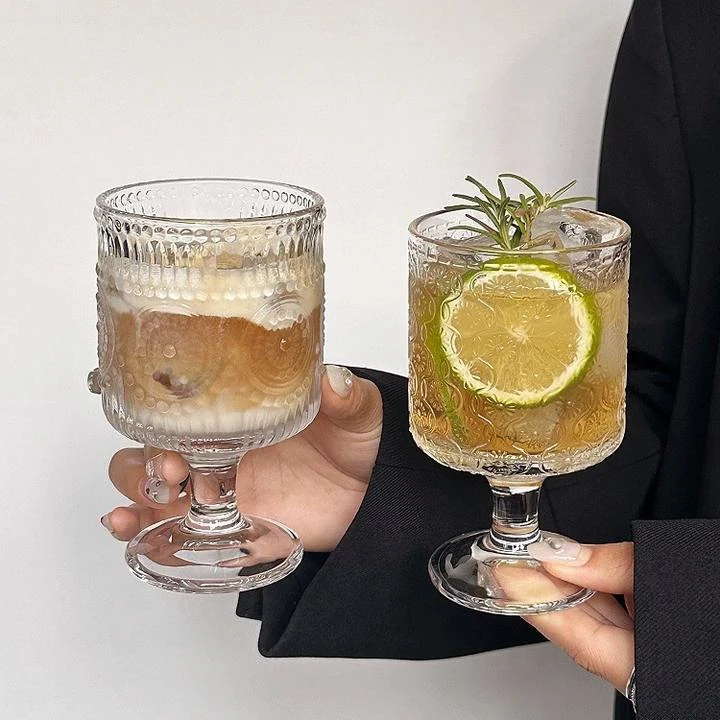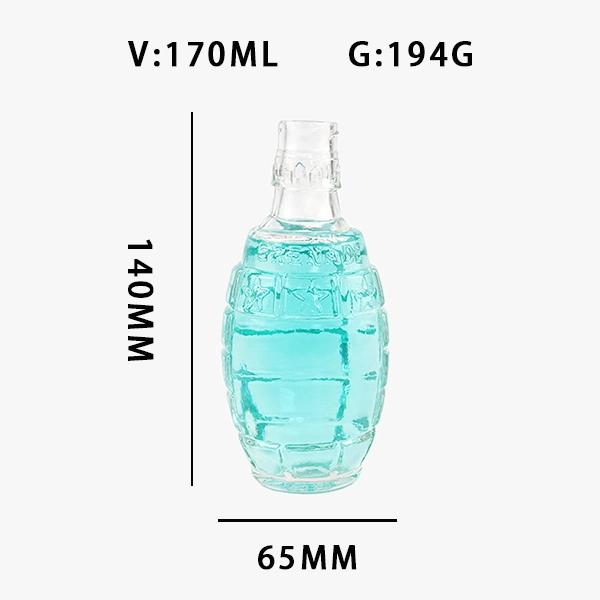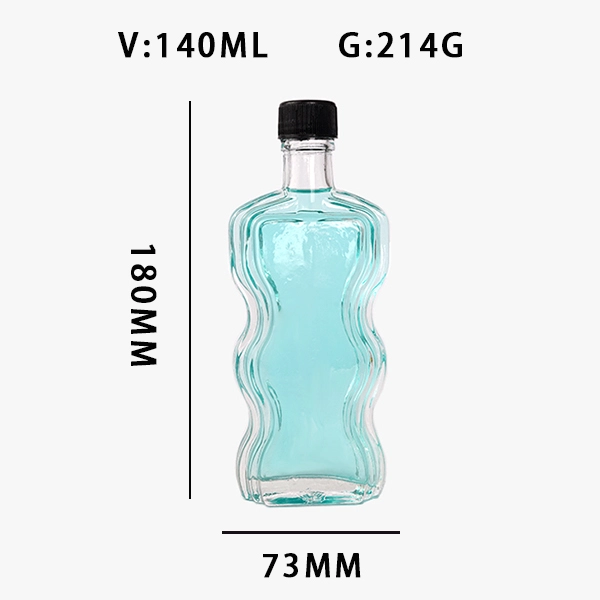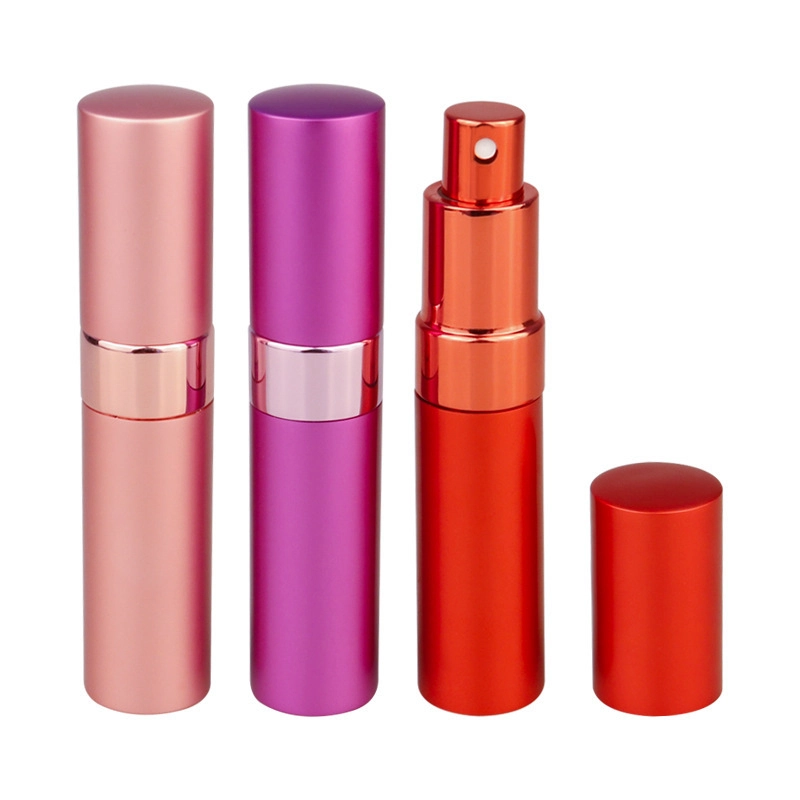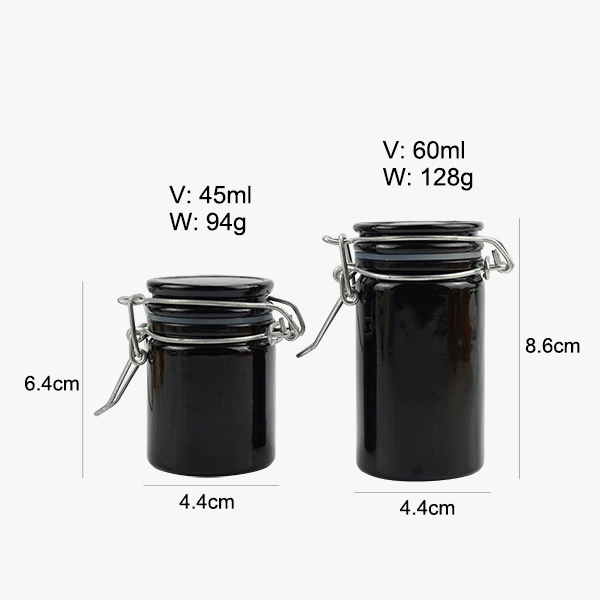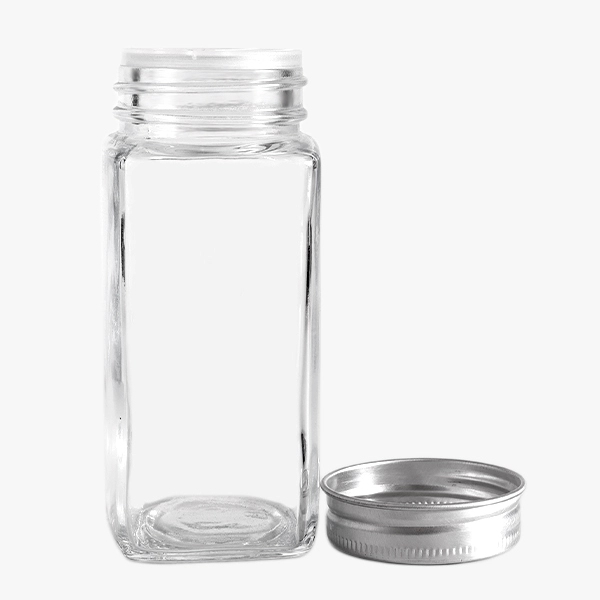
Part 1: Market Size and Growth
The glass bottle industry in Romania is shaped by strong demand from food, beverage, and pharmaceutical sectors. Beer, wine, and spirits remain the largest consumers of glass bottles, supported by Romania’s growing beverage industry.
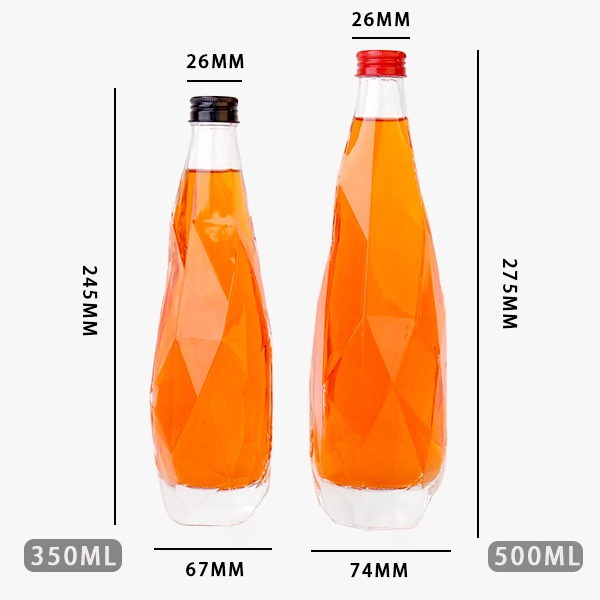
In recent years, exports have increased, with Romanian manufacturers supplying bottles to neighboring European countries. The shift from plastic to glass, driven by sustainability and consumer preferences, has further boosted growth. This trend strengthens Romania’s role as a regional glass packaging hub.
EU regulations on recycling and sustainability encourage investment in modern furnaces and greener technologies. Local manufacturers are expanding capacity and adopting energy-efficient systems. The combination of demand growth and regulatory support creates opportunities for long-term expansion.
Part 2: Leading Companies
Stirom S.A.
Stirom, founded in 1968 and based in Bucharest, is Romania’s largest glass packaging producer. It has a long history of supplying bottles for beverages and food industries.
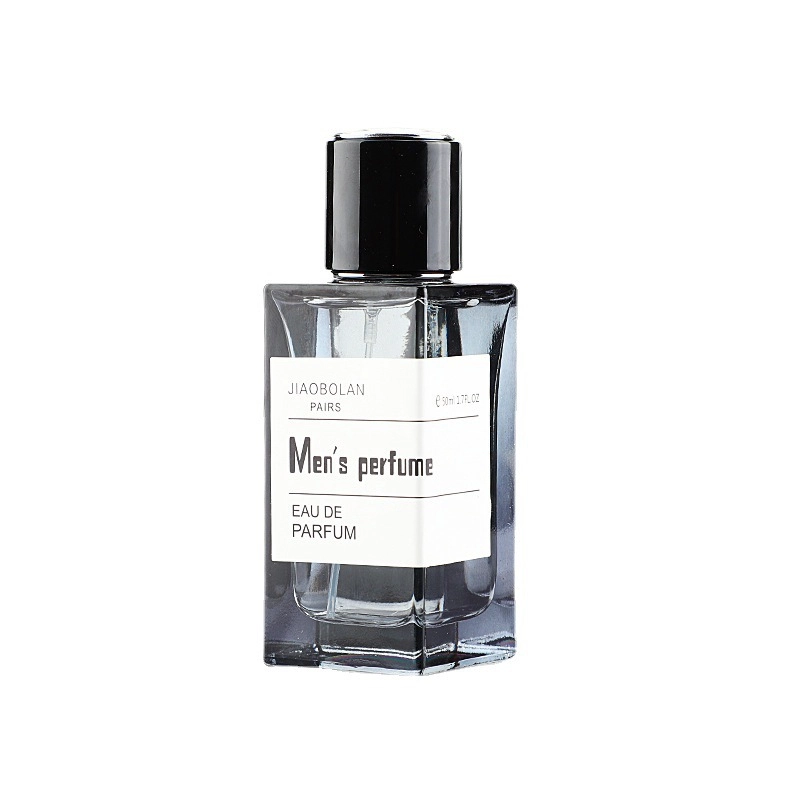
The company manufactures bottles for beer, wine, spirits, soft drinks, and jars for food packaging. It serves both domestic clients and export markets in Europe.
Stirom has invested in modern furnaces and recycling technologies. It focuses on lightweight designs and sustainability. The company holds ISO certifications and has been recognized as a leader in Romanian packaging.
Glass Container Company (GCC)
The Glass Container Company, headquartered in Chi?in?u, Moldova, operates closely with Romanian markets and is one of the main suppliers in the region. Established in 1995, it has expanded its influence in Romania due to proximity and partnerships.
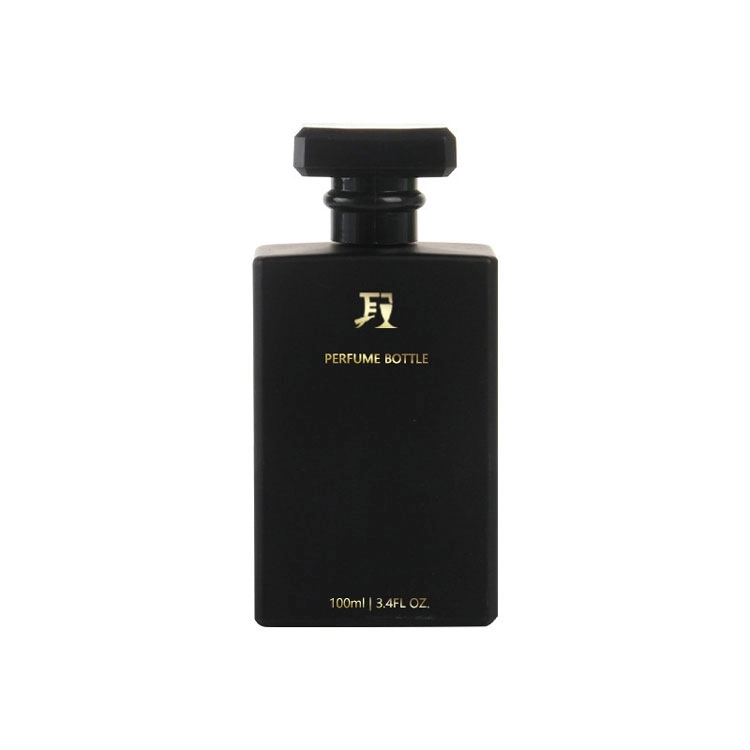
Its products include bottles for wine, beer, soft drinks, and spirits. The company has strong ties with wineries and breweries across Romania and Moldova.
GCC emphasizes advanced technologies, including NNPB (Narrow Neck Press and Blow) for lightweight bottles. It is certified under international standards and has won awards for quality and export achievements.
Huta Stirom – Glassworks Network
Romania also has smaller glassworks historically linked with regional production, such as Huta Stirom facilities. These glassworks contribute to supplying bottles for local wineries, craft beverages, and food packaging.
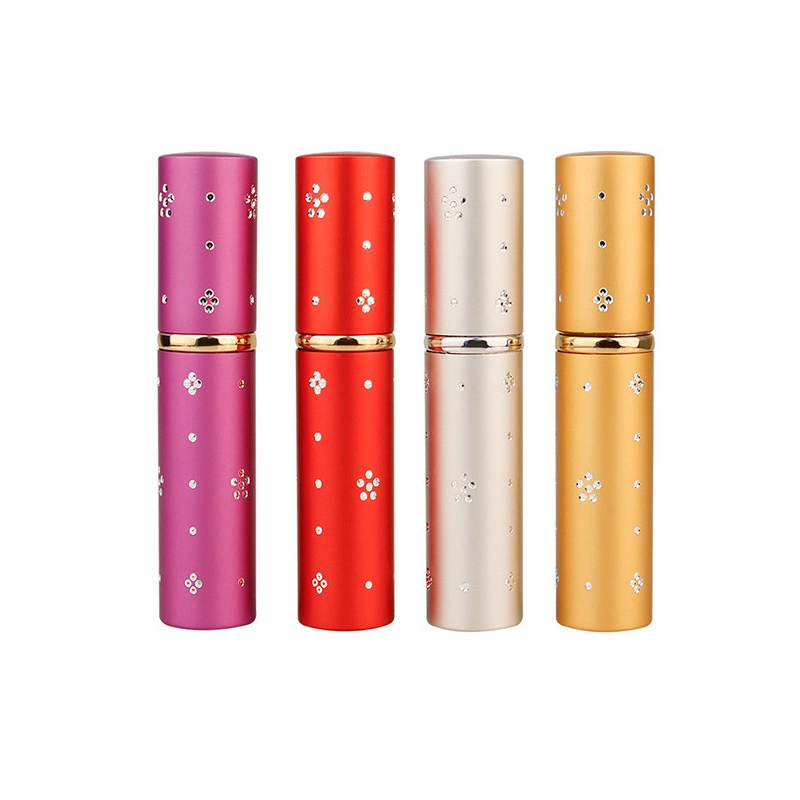
They focus on small and medium production runs, offering flexibility and niche designs. Their main industries include artisan wineries, distilleries, and food producers.
These smaller manufacturers preserve traditional glassmaking techniques while adapting to modern needs. They often emphasize sustainability and eco-friendly materials. Certifications include ISO quality management and local environmental awards.
| Company | Founded | Core Products | Industries | Certifications |
|---|---|---|---|---|
| Stirom S.A. | 1968 | Beer, wine, spirits, food jars | Beverages, food | ISO, recycling initiatives |
| Glass Container Company (GCC) | 1995 | Wine, beer, soft drink bottles | Wineries, breweries | ISO, export awards |
| Huta Stirom Glassworks | Heritage facilities | Small-batch bottles | Artisan wine, food | ISO, local awards |
Part 3: Trade Shows and Industry Events
Pack Expo Romania, Bucharest
Pack Expo Romania is the country’s leading packaging exhibition. It gathers glass bottle manufacturers, suppliers, and buyers from across Eastern Europe.
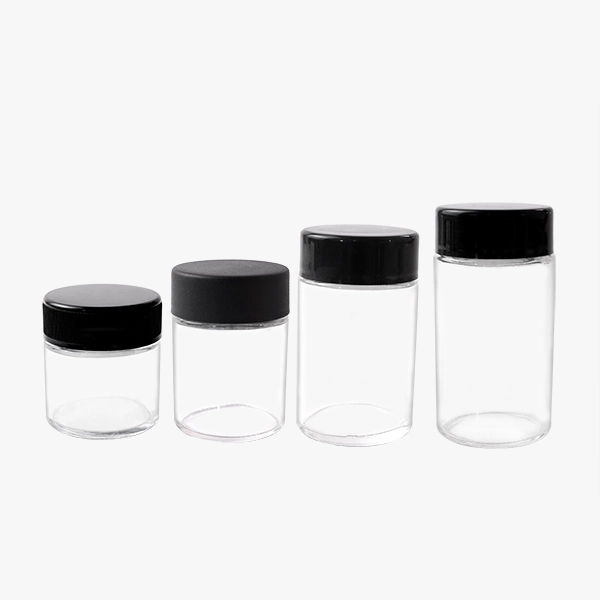
The event is held annually in Bucharest, featuring packaging solutions for food, beverages, and pharmaceuticals. Glass bottle makers use it to present eco-friendly and customized designs. The highlight is the networking sessions connecting suppliers with international buyers.
Wine & Spirits Expo, Bucharest
The Wine & Spirits Expo is a specialized event that highlights Romania’s growing wine and spirits industry. Packaging companies, including glass bottle producers, exhibit alongside wineries and distilleries.
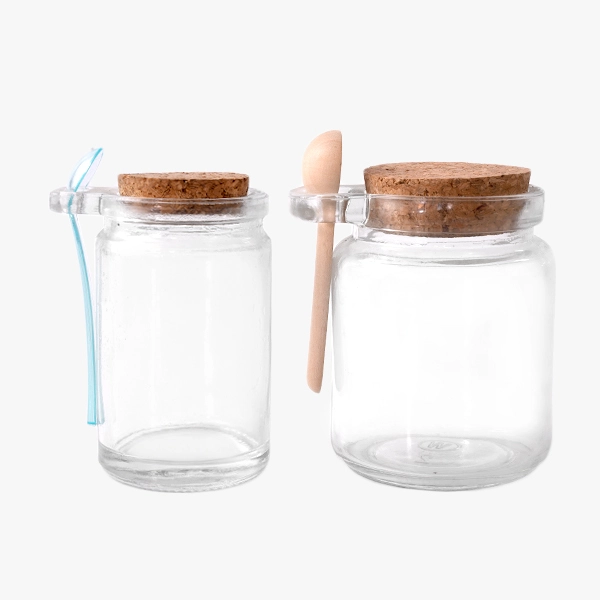
Held annually, this expo emphasizes branding, premium packaging, and sustainability in the wine and spirits sector. The highlight is the design showcase where glassmakers present luxury bottles for premium wines.
| Event | Date | Location | Highlights |
|---|---|---|---|
| Pack Expo Romania | Annual | Bucharest | Eco-friendly packaging, B2B networking |
| Wine & Spirits Expo | Annual | Bucharest | Premium wine packaging, design showcase |
Part 4: Impact of Global Trade Policies
Romania’s glass bottle industry is influenced by EU trade policies, recycling directives, and energy costs. Producers must adapt to strict environmental standards while keeping prices competitive.
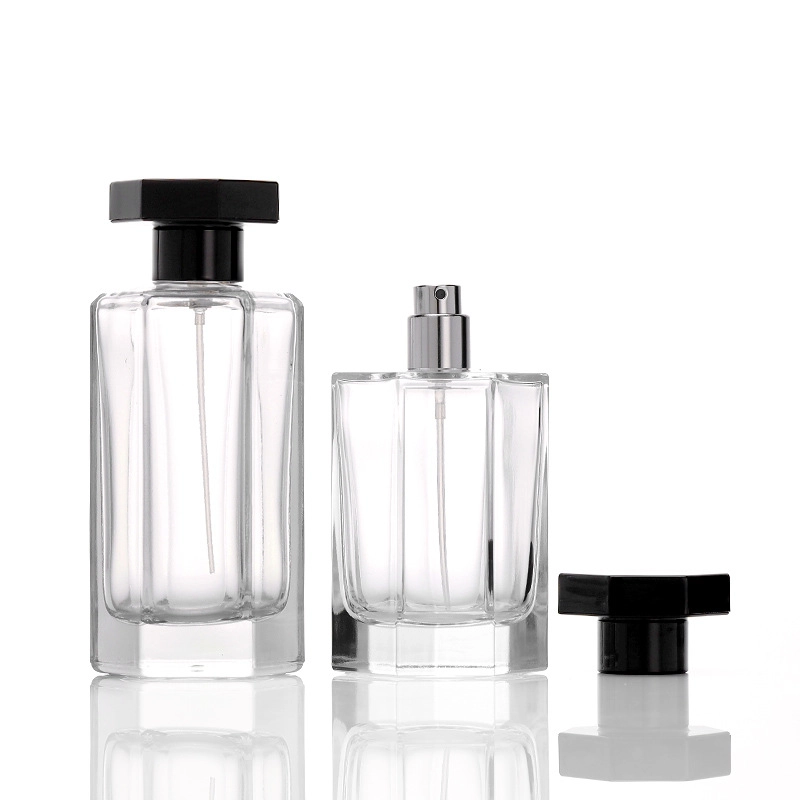
Exports benefit from Romania’s location in Eastern Europe, with easy access to EU and Balkan markets. Free trade agreements within the EU strengthen growth opportunities. This allows Romanian producers to expand beyond domestic demand.
Challenges remain with energy pricing and raw material imports. At the same time, global demand for sustainable glass packaging creates export potential. Balancing cost, compliance, and eco-friendly innovation will define the future of the industry.
Part 5: Conclusion
Romania’s glass bottle industry has strong foundations, led by Stirom and supported by regional producers and exporters. The mix of large-scale and small-batch production ensures flexibility and innovation.
The industry faces challenges with energy and environmental compliance. Yet with EU integration and growing global demand for sustainable packaging, Romania is positioned to strengthen its role in European glass manufacturing.
Recommended Reading:
- Glass Bottle Manufacturers in Dominica
- Glass Bottle Manufacturers in Djibouti
- Glass Bottle Manufacturers in Cyprus
- Glass Bottle Manufacturers in Cuba
- Glass Bottle Manufacturers in Croatia
- Glass Bottle Manufacturers in Costa Rica
- Glass Bottle Manufacturers in Comoros
- Glass Bottle Manufacturers in Chad
64 oz Clear Amber Glass Growler Wholesale
Glass Big Pickle Jars with Plastic Lid
Cylinder Shape Perfume Bottle With Box
Glass Ground Coffee Jar 100ml With Dedicated Plastic Cap

